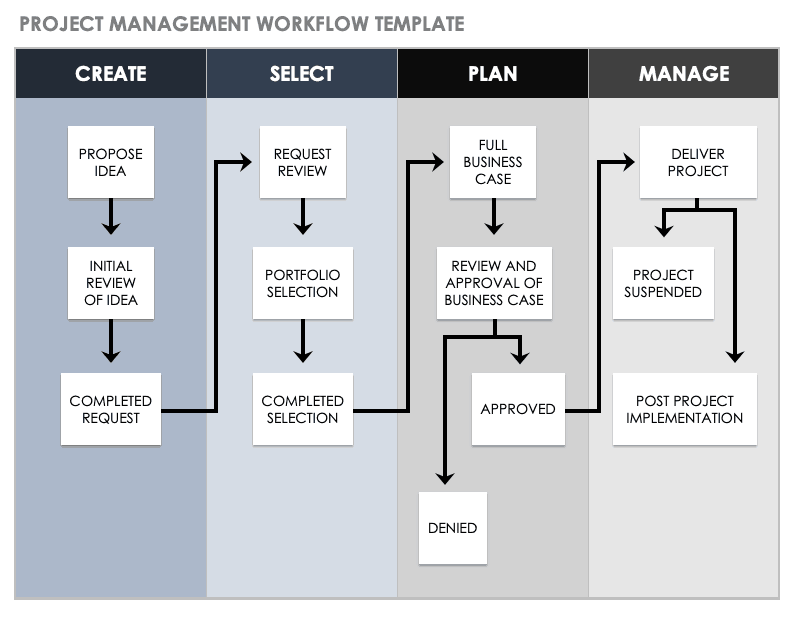
Introduction:
In the dynamic realm of coding, efficiency is paramount. Developers are constantly seeking ways to enhance their workflow and streamline processes. This article delves into essential techniques and tips for optimizing coding workflows, ensuring a smoother and more productive development experience.
1. Version Control Mastery:
Effective version control is the cornerstone of a well-optimized coding workflow. Embrace systems like Git to track changes, collaborate seamlessly with team members, and effortlessly manage project versions. Utilizing branches and pull requests enhances collaboration and reduces the risk of code conflicts.
2. Integrated Development Environments (IDEs):
Choose an IDE wisely, as it significantly impacts your coding efficiency. IDEs like Visual Studio Code, PyCharm, or IntelliJ provide a rich set of features, from intelligent code completion to integrated debugging tools. Customizing your IDE to suit your preferences can further elevate your coding experience.
3. Code Automation with Scripts:
Automate repetitive tasks with scripts to save time and reduce errors. Whether it’s automating the build process, running tests, or formatting code, scripting can significantly boost efficiency. Tools like Make, npm scripts, or custom bash scripts can be tailored to fit your project’s specific needs.
4. Keyboard Shortcuts for Speed:
Mastering keyboard shortcuts is a small investment with a high return. Whether navigating through code, performing refactorings, or managing files, using keyboard shortcuts can drastically reduce the time spent on routine tasks. Take the time to learn and incorporate these shortcuts into your daily coding routine.
5. Continuous Integration/Continuous Deployment (CI/CD):
Implement CI/CD pipelines to automate testing and deployment processes. This ensures that code changes are thoroughly tested and seamlessly integrated into the production environment. Tools like Jenkins, Travis CI, or GitHub Actions offer robust CI/CD solutions to enhance code quality and deployment speed.
6. Collaborative Coding Tools:
Leverage collaborative coding tools to enhance teamwork and code review processes. Platforms like GitHub, Bitbucket, or GitLab provide features for code review, issue tracking, and collaborative discussions. Effective collaboration not only improves code quality but also accelerates the development lifecycle.
7. Documentation for Clarity:
Invest time in comprehensive documentation to enhance code clarity and maintainability. Well-documented code is easier to understand and maintain, reducing the learning curve for team members and future developers. Tools like Javadoc, Sphinx, or Docstrings facilitate the creation of clear and accessible documentation.
8. Code Profiling and Optimization:
Regularly profile your code to identify bottlenecks and areas for optimization. Utilize profiling tools to analyze code performance and address inefficiencies. Optimizing critical sections of code can lead to significant improvements in overall application performance.
9. Continuous Learning and Skill Enhancement:
Stay updated with the latest technologies and coding practices. Continuous learning keeps your skills sharp and allows you to incorporate new, efficient techniques into your workflow. Attend conferences, participate in online communities, and explore new tools to stay at the forefront of the rapidly evolving coding landscape.
Conclusion:
Optimizing your coding workflow is an ongoing process that involves a combination of tools, practices, and a mindset geared towards efficiency. By embracing these techniques and tips, developers can enhance their productivity, produce higher-quality code, and contribute to the success of their projects.
To explore further insights into Coding Workflow Optimization Techniques Tips, visit boydmillerwebdesign.com.









